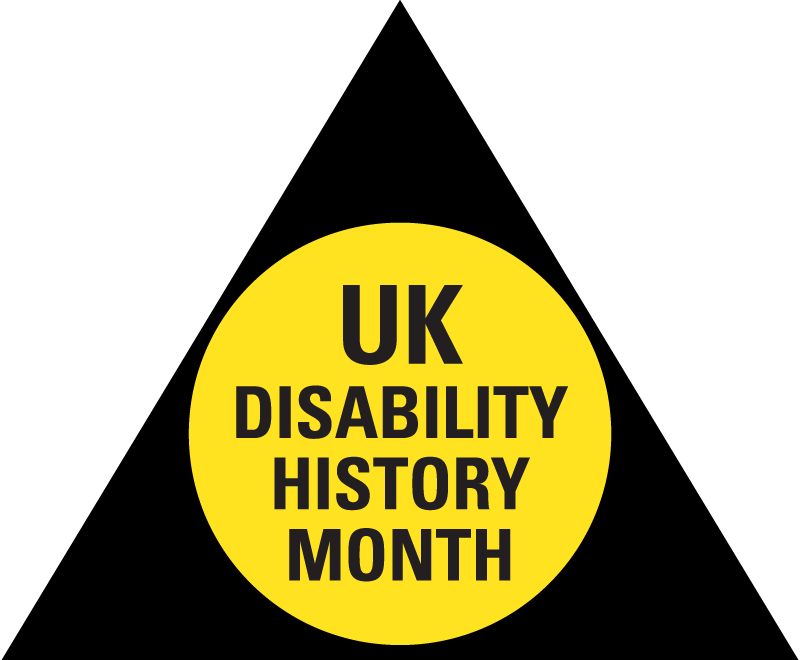‘Seen but Seldom Heard’: Challenging perceptions of disability through poetry and performance.
www.bournemouth.ac.uk/seen-but-seldom-heard
Why?
One of the greatest causes of stigma surrounding disability is fear, due to the lack of direct experience and access the general public has to authentic stories of lived experiences shared by disabled people. Using participatory approaches, ‘Seen but Seldom Heard’ empowers a group of young disabled people with a ‘voice’ and the necessary creative skills to challenge stereotypes and engage in conversation about issues, policies and practices which affect them.
What is the project about?
The project began in early 2012 during the lead up to the Paralympics. Phase 1 used Paralympic values, symbols and athlete achievements as the focus for individually and group authored poetry. Whilst performance poetry remains at the heart of our work, we have taken the young people’s varied skills and interests into account including broader elements of ‘spoken word’ e.g. song, rap and comedy. We have also widened the focus to consider issues affecting young disabled people in their everyday lives e.g. more recent work has explored future aspirations within the context of the transition from school to adult life.
What have been the outputs?
The project developed from academic research; however, it has been crucial for us to engage in a multimedia dissemination strategy in order for us to have a wide reach when engaging with the public which consequently has the potential to influence perceptions.
Public performances include:
• The Cultural Olympiad Paralympic Celebrations, August 2012
• Bridport Literary Festival, October 2012
• Disability History Month at Bournemouth University, December 2012
• ESRC Festival of Social Science 2013, the Lighthouse, Poole, November 2013
• Bournemouth University Festival of Learning, June, 2014.
Film:
A project documentary is available on You Tube: http://www.youtube.com/watch?v=Wq7_qtnjxjg
An 8 minute ‘taster’ is also online: http://www.youtube.com/watch?v=-PUPL42e3kw
Poetry book:
A collection of the poetry written by the young people has been published as an interactive PDF (including audio-visuals), available to download for free from: https://microsites.bournemouth.ac.uk/seen-but-seldom-heard/showcase/
A copy has also been provided on the USB enclosed in your information pack. Text-only copies are also available.
What Next?
E-learning tool Spring 2015: Funded by Big Lottery, work is now under way to produce an online disability awareness educational tool for use in; schools, colleges and youth groups. The e-learning tool will launch in 2015 and further updates will be posted online: https://microsites.bournemouth.ac.uk/seen-but-seldom-heard/e-learning-tool/
Public ‘Learning-Event’ – Disability, inclusion and accessibility within the context of ‘emerging adulthood’ July 2015: An interactive and engaging ‘conference’ to identify and raise awareness of the key issues and challenges facing young disabled adults will be co-hosted by a group of young disabled adults working in collaboration with BU students. Attracting both regional and national participants, the event aims to promote a more informed understanding of the aspirations and needs of young disabled people after they leave school. More information will be posted online soon.
What feedback have we received?
“Seen but Seldom Heard was the most inspiring, fulfilling and eye-opening project I have ever been involved in […]” (Project participant)
“…it gave all the students who participated a chance to let out their feelings and say how they really felt, and that’s a really difficult thing to do.” (Project participant)
“Poetry has taught me how to be open and talk about it […] it really helped me deal with what I’ve got.” (Project participant)
“ I don’t class myself as being disabled […] It is my belief that everyone is disabled in one way or another and I try to portray this vision in my poem in a unusual way.” (Project participant)
“It was really refreshing to hear the light-hearted and comical aspects at times. The personalities of the participants shone through.” (Audience member at live performance)
“Poetry can be an excellent way for individuals to express their feelings including frustrations/annoyances along with what makes you happy and excited. Again, this enables you to get to know people as individuals and see beyond disabilities.” (Audience member)
“Absolutely impressive” The credibility of these young people is astonishing and provides a truly valuable insight into the lives of those living with disability.” (Audience member)
To find out more about the project or to offer your feedback, please email chodges@bournemouth.ac.uk or contact us via our website.
